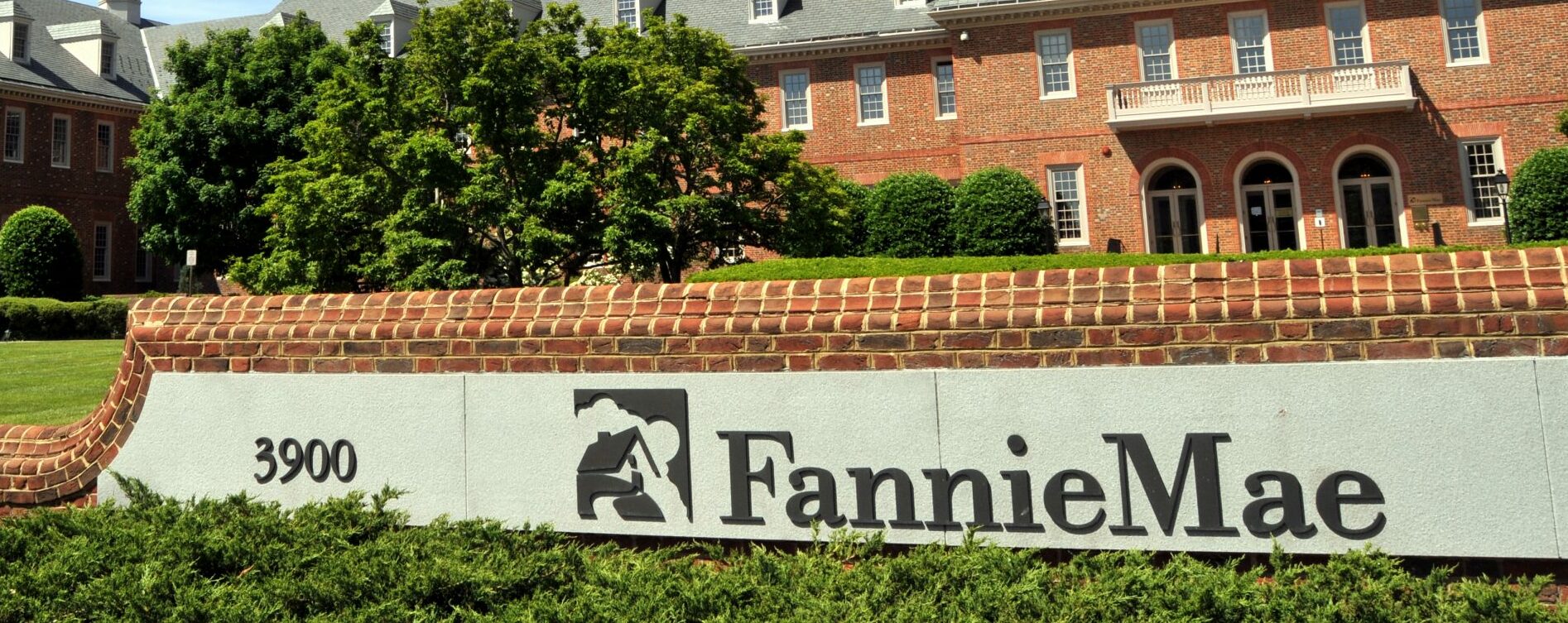Fannie Mae’s Economic and Strategic Research (ESR) Group has downwardly revised its full-year 2022 real GDP expectations, along with anticipated home sales and mortgage originations, according to the group’s latest forecast.
They now expect full-year real GDP to grow at a reduced rate of 1.3%, a 0.8% decrease from their previous prediction, citing inflation, rising interest rates, and “a slowdown of global economic growth.”
The forecast also predicts that Q2 2022 will see growth rebound to 1.6%, a reaction to Q1’s economic contraction of 1.4%.
“Financial conditions have tightened significantly, and the economy is slowing faster than previously expected as markets adjust to the Federal Reserve’s tightening guidance,” said Doug Duncan, Fannie Mae Senior Vice President and Chief Economist.
Mortgage origination expectations and home sales have also been revised down. The group says 2022 and 2023 home sale expectations are down 3.7% to 6.1 million and 4.5% to 5.4 million, respectively.
“Rising mortgage rates are reducing affordability through higher mortgage-related costs, all while house prices continue to grow. Historically, rapid and substantial rises in mortgage rates have had the effect of slowing activity, which we reflect in our forecast,” said Duncan.
“Not only is the worsening affordability of homes a problem for potential entry-level homebuyers, but current homeowners are less likely to trade in their existing lower-rate mortgages and list their homes for sale, both of which will likely weigh on sales.”
2022 origination activity is now expected to total $2.70 trillion (down from $2.82 trillion), while 2023 originations will total $2.25 trillion (down from $2.41 trillion).
“Home sales turned a corner over the first quarter, and we expect a further slowdown over the coming months. Mortgage rates have continued to rise and are now at their highest level since 2009. We forecast a continued slowdown in home sales to be followed by softening construction activity and, lastly, by a large deceleration in house price growth,” the group said.
It stressed that though Q1 was weak, it does not mark the beginning of a recession, though there is a “risk of a downturn occurring later this year.”
Fed Chairman Jerome Powell is hoping for a “soft landing” for the U.S. economy– a scenario in which inflation returns to the Fed’s 2% ideal while unemployment remains low– but said this week that it’s going to be a “challenging task.”
Some analysts, however, have characterized it as “impossible.”
